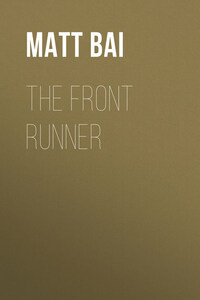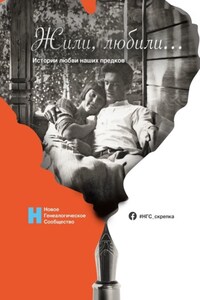HarperCollinsPublishers
1 London Bridge Street
London SE1 9GF
www.harpercollins.co.uk
First published as All the Truth Is Out in the United States by Alfred A. Knopf, a division of Penguin Random House LLC, in 2014
This edition HarperCollinsPublishers 2018
© Matt Bai 2014
Cover design © HarperCollinsPublishers Ltd 2018
Motion Picture Artwork (cover) © 2018 CTMG. All Rights Reserved
Author photograph © Robyn Twomey
A catalogue record of this book is available from the British Library
Matt Bai asserts the moral right to be identified as the author of this work
All rights reserved under International and Pan-American Copyright Conventions. By payment of the required fees, you have been granted the nonexclusive, non-transferable right to access and read the text of this e-book on screen. No part of this text may be reproduced, transmitted, downloaded, decompiled, reverse engineered, or stored in or introduced into any information storage retrieval system, in any form or by any means, whether electronic or mechanical, now known or hereinafter invented, without the express written permission of HarperCollins e-books.
Find out about HarperCollins and the environment at www.harpercollins.co.uk/green
Source ISBN: 9780008333218
Ebook Edition © December 2018 ISBN: 9780008333225
Version 2018-12-13
ONE OF THE FIRST PEOPLE I CALLED after I decided to write this book in 2009 was Richard Ben Cramer. This was not a call I made lightly. I had, by this time, been writing about politics for The New York Times Magazine for the better part of a decade, so I was not exactly a journalistic unknown. But Richard was in a different category altogether. He was one of the greatest nonfiction writers of this or any age, and his seminal, 1,047-page chronicle of the 1988 presidential campaignâWhat It Takes: The Way to the White Houseâwas arguably the greatest and most ambitious work of political journalism in American history.
We had talked by phone in the past, and I had written about him once, but never before had I sought his counsel. I feared finding out that one of my literary heroes was just another dismissive egoistâthe business is full of themâwho didnât have time to dole out advice.
About thirty seconds into the conversation, Richard invited me to lunch at the old farmhouse he shared with his girlfriend (and later wife), Joan, on Marylandâs idyllic Eastern Shore. Anytime I liked, he said, just pick a day, he wasnât doing much other than writing. The grace of that invitation wouldnât have surprised anyone who knew him.
The next week, I drove the ninety minutes down to Chestertown, where Richard treated me to a cheeseburger as we talked about the craft of journalism and the book I intended to write. I had come to believe that there was something misunderstood and significant in the story of Gary Hart, whose spectacular collapse Richard had followed in What It Takes. I thought the forces that led to Hartâs undoing were more complicated and more consequential, looking back now, than anybody had really appreciated at the time. I had in mind a book not simply about a single, captivating episode in American politics, but also about the cultural transformation it portended.
I confessed that I had begun to doubt myself, however. Almost invariably, when I mentioned this idea to colleagues and friends in Washington, they reacted as if I might be teasing themâas if I had just said I was going to write my next book about bird migration or the Treaty of Westphalia. How could a discarded and discredited figure like Gary Hart possibly matter in the age of Obama? What did any of that have to do with the health care debate or the upcoming midterm elections? Maybe I should listen to the skeptics, I said to Richard. It seemed to me that there was a fine line between being visionary and being obstinate (Hart, more than anyone I could think of, illustrated this point), and most of us ended up on the wrong side of it most of the time.
Richard took all of this in, occasionally stroking his wispy beard or fiddling with his John Lennonâlike glasses. And then he seemed to be in the grasp of a revelation, and he leaned back for a long moment and assessed me.
âYou donât want my advice!â Richard said at last. âYou want my permission!â
It was true. I did want his permissionânot to drill more deeply into the rich seam he had first mined back in 1987, but rather to defy the conventions of my peers.








